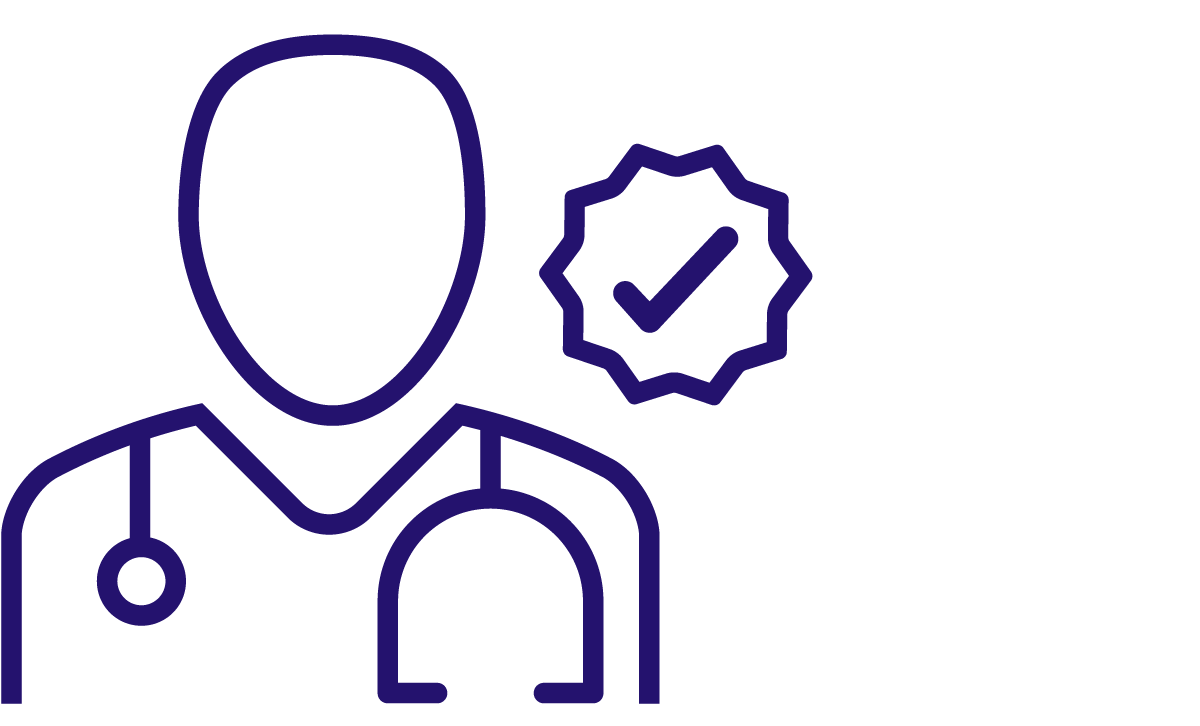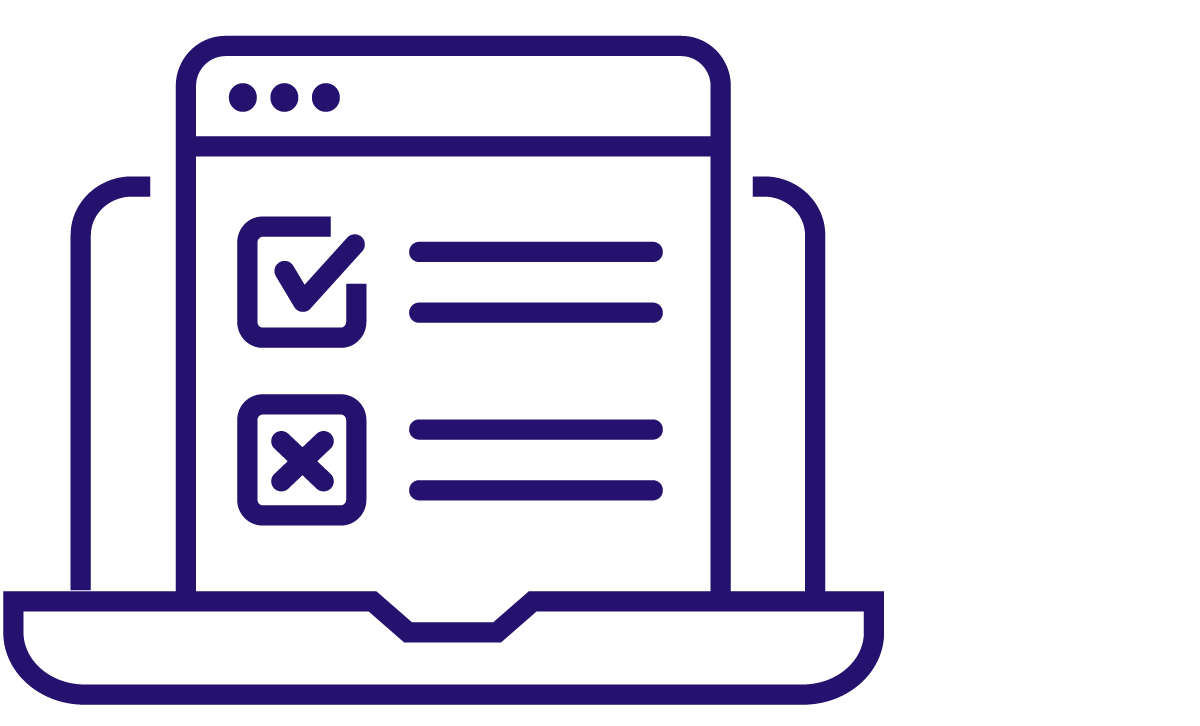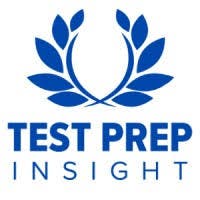MCAT PREP
Ready to Add 15+ Points to Your MCAT Score? *
Students who put in the work with Kaplan raise their score by 15+ points on average. And it’s no surprise because our MCAT® prep is personalized to you—so not a minute goes to waste. See why more med students prepped for the MCAT with Kaplan than anyone else.‡ Learn More
Discover More Pre-med Resources

Save $600, use code: NEW600
Online
MCAT
515+ Course
Guaranteed 515+ score or 15+ points, based on your baseline exam, or your money back.§ Conditions apply. Benefit from 84 hours of live instruction online with 520+ scoring instructors.

Save $1000, use code: NEW1000
Online
MCAT
MCAT Bootcamp Online
Earn a 515+ through 5 weeks of intensive, uninterrupted MCAT prep online with a 520+ scoring instructor.

Admissions Consulting
Give your application an extra edge—Kaplan consultants know the admissions process from the inside.
From
:

Self Paced
MCAT
AAMC PREview® Exam Prep
There's a new way to stand out in the medical school admissions process.
The Prep More Students Use to Get into Medical School

Engineered with Ambitious Goals in Mind
Feel the confidence of having the most effective strategies, used by millions of successful students and backed by 85 years of perfecting how you prep.

Leading the Science Behind Your Higher Score
Our 98th-percentile experts leverage decades of student insights to craft a variety of course options that help you achieve a 15-point increase.

The Most Realistic Practice.
Period.
Clearly see where you stand with official AAMC® exams and Kaplan tests built in, giving you the best predictor of your true score on exam day.

Support That Champions Your Success
Get personalized guidance from instructors who were in your shoes, and know you’re never alone in your prep. Any questions. Any obstacles. Any time.
All MCAT Courses Include
- 18 full-length MCAT practice tests—including 6 from AAMC—so realistic that you’ll head into exam day knowing you'll reach your goal score
- 10,000+ total MCAT practice questions, including customizable MCAT Qbank quizzes on 3,000+ with expertly-crafted images, detailed score reports, and newly improved in-depth answer explanations
- Personalization with a flexible MCAT study plan, placement quizzes to skip topics you already know, homework based on your areas of improvement, and 1-on-1 office hours
- Our best-selling 7-book subject review set, reflecting the latest, most accurate, and most testable materials on the MCAT exam
- All the official AAMC practice material available, consisting of real previous MCAT exams, content road maps from the test creators, and more, integrated strategically throughout
- The mobile companion app so you can practice and review Qbank questions, videos, and flashcards from your phone or tablet—anytime, anywhere
- Content refresher videos covering the highest-yield MCAT exam topics and access to unlimited livestreamed workshops for the flexibility to fit studying into your busy life
- New: Instantly receive personalized study tips, content explanation breakdowns, and resource recommendations—whenever you need them—with Kaplan’s AI tutor
Proven Results Straight From Our Students
Why a 515+ MCAT Score Matters
When you prep with Online Bootcamp, Premium Tutoring, or the 515+ MCAT Prep Course and do the recommended work, we guarantee you’ll score a 515+ or boost your score by 15+ points—depending on your baseline MCAT exam—or your money back.§ Conditions apply.

Percentile
Puts you in the 91st percentile of all MCAT test takers.**

Higher Acceptance
More than triples your med school acceptance rate from average scorers.#

Top Med Schools
Top U.S. med schools for research have average MCAT scores over 515.††
Study Now, Pay Later.
Study now, pay later. Get 0% APR financing with . Learn More
Frequently Asked Questions/ FAQs
Are MCAT prep courses worth it?
MCAT prep courses are the best way to ensure that you will be prepared for all of the material that may be tested on the MCAT exam. If you are having trouble determining if an MCAT prep course would be worth it for you, we recommend trying our free MCAT practice test to determine where you stand now and how much prep you need to meet your MCAT score goal.
How long do most people take to study for the MCAT exam?
Most students begin studying for the MCAT exam about 3–6 months before their target exam date, which amounts to around 300+ hours of MCAT prep. This timeframe provides you with sufficient study time to identify areas of weakness and improve before the test day.
How many times can you take the MCAT exam?
There are limits on how many times you take the MCAT exam. In a single testing year, you can take the MCAT exam up to three times. In two consecutive testing years, you can take the MCAT exam up to four times. In total, the MCAT exam can be taken up to seven times in your lifetime. While it is not uncommon for students to take the MCAT exam multiple times, it’s best to wait until you are well prepared and take the exam only once. Keep in mind that medical schools have different ways of evaluating multiple MCAT scores. Some schools only consider your highest score, while others look at the average of all your MCAT scores.
Do you take the MCAT before or after med school?
The MCAT exam is taken before entering medical school and is a required part of admission. Many students take it during college (typically 2 years prior to medical school). Ideally, you'd take the exam at least a few months prior to submitting your applications.
How long does the MCAT exam take?
The MCAT exam, breaks included, takes 7.5 hours. The actual exam itself takes just over 6 hours (without the optional breaks).
Is the MCAT exam curved?
The MCAT exam is not scored on a curve. A grading curve is not the same as scaling, which just ensures that raw scores (the number of correct answers) are comparable across different test forms or test issuers.
How hard is the MCAT exam?
The MCAT exam is considered to be one of the most challenging graduate school exams. It covers a range of subjects, takes many hours to complete, and has a limited number of attempts. It is also highly competitive, meaning most students are aiming for the highest score possible to distinguish themselves from other med school applicants.
Does Kaplan have in-person MCAT classes?
Yes, Kaplan offers in-person MCAT prep classes, featuring 14 three-hour classes with an expert MCAT instructor right there in the classroom with you and personalized homework assignments. You will also have access to thousands of practice questions, 18 full-length, realistic MCAT practice tests, and much more. If you prefer learning with others on a routine schedule, our in-person MCAT classes may be the best MCAT prep option for you.
I am eligible for GI Bill® benefits. Is MCAT prep approved for VA Benefits?
Yes, the MCAT In Person 6 Month Access, MCAT In Person 9 Month Access, MCAT In Person 12 Month Access, MCAT Live Online 6 Month Access, MCAT Live Online 9 Month Access, MCAT Live Online 12 Month Access, MCAT On Demand 6 Month Access, MCAT On Demand 12 Month Access, MCAT Online Bootcamp, MCAT Tutoring + Live Online 10 hours, and Premium MCAT Tutoring + Live Online 10 hours are approved for VA reimbursement.
Individuals eligible for the Post-9/11 GI Bill (Chapter 33), Montgomery GI Bill Active Duty (MGIB-AD or Chapter 30), Montgomery GI Bill Selected Reserve (MGIB-SR or Chapter 1606), or Survivors’ & Dependents’ Educational Assistance (DEA or Chapter 35) may be eligible to pursue training in MCAT prep courses.
If you have not yet applied for education benefits, you will need to apply for VA Education Benefits (VA Form 22-1990). You may apply for benefits at www.va.gov/education.
For more details, please see the VA Preparatory Course Fact Sheet.
GI Bill® is a registered trademark of the U.S. Department of Veterans Affairs (VA). More information about education benefits offered by the VA is available at the official U.S. government website at www.benefits.va.gov/gibill.
Recognized as the Best MCAT Prep Course
Test Prep Insight is a review and analytics site that is a Kaplan affiliate. Intelligent.com is a review and analytics site.
Both use an independent review process to evaluate exam prep products.

Best Overall MCAT Prep Course

Top Pick for Best MCAT Prep Course
Connect with Med School Hopefuls Like You
In Kaplan’s Pre-Med Community, you can network with like-minded peers, share insights, and get direct answers to any questions from our experts. Join the conversation!
The best guarantee is one you won’t need. But you get it anyway.
Score higher with Kaplan,
or get your money back.†
* 15-point average only applied to students who completed 4,400+ practice questions and 550+ study activities during their program. A recent study conducted by Kaplan showed that students who completed a minimum of this work saw an average score improvement of 15 points from their first to their highest practice exam. Students who completed fewer practice questions, study activities, or who did not engage in the full program, saw lower score increases.




